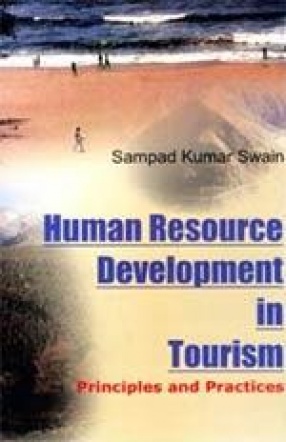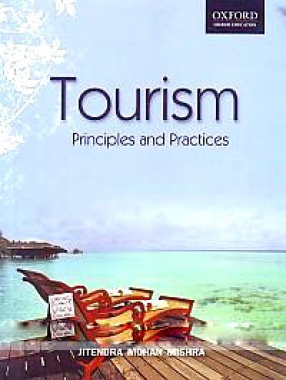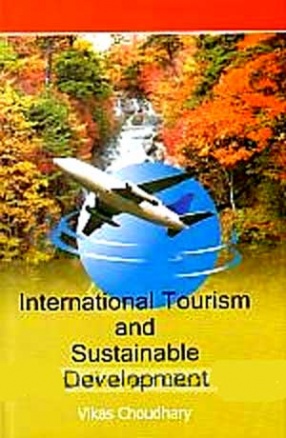Human Resource Development in Tourism: Principles and Practices by Dr. Sampad Kumar Swain is an extremely valuable addition to the extant literature in the area of tourism HRD which as of now is lean and superficial. While the roots of the books could be traced back to the author’s doctoral thesis, it is not all that pedantic: it could as well serve as a compendium of the present level of knowledge in the area. Though the research orientation makes the author to spotlight a few important issues, these issues are however placed in the wider canvas given by HRD theory, thus enriching both. Common themes running through the book include the why’s and how’s of linking HRD to a tourism organization’s strategic business objectives; HRD’s role to contribute to organizational success and employee wellbeing; the commonalities and differences of interests existing between employers and employees in tourism enterprises; and the need for tourism organizations to become internationally competitive in the context of liberalization, privatization, and globalization. Worldwide, employment within the tourism economy is estimated at 192.2 million jobs and by 2010 this should grow to 251-6 million jobs, according to a WTTC estimate. However, tourism education and training to achieve high levels of competence is rarely genuinely considered by the tourism industry. Although tourism is a growth industry and a major creator of value added, the industry is vulnerable to a variety of economic, ecological, geopolitical and meteorological factors, which shape the nature of its labour force. The inescapable fact that it is difficult to maintain high permanent staffing levels has led to a generic tendency to operate on the basis of a limited core staff and to employ the labour needed for day-to-day operations under atypical contractual arrangements, because of which the economic rents from continuous learning and experience of the staff are lost to a great extent. Added to this are other constraints of the hotel, catering, and tourism industry like long, antisocial working hours, low pay, low job status, etc, which collectively make employment within the industry appear unattractive to many.
Tourism: Principles and Practices
$35.10
$39.00





There are no reviews yet.